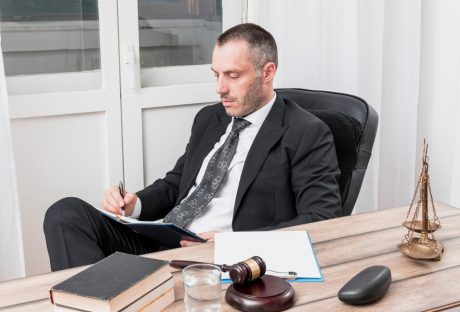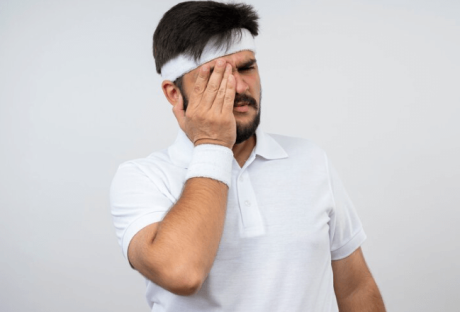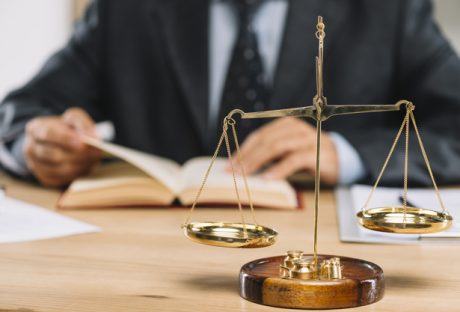Points are assigned for accidents and traffic tickets. The revocation or suspension of some or all of your driving privileges can take place if you receive a particular number of points within a certain period, depending on the violation you committed.
If you speed, run a red light, or do any other moving crime, you will get points. As a driver in the state, you need to understand the system regarding California points on your license, as it is very important to maintain a clean driving record and keep your insurance premiums in check.
By exploring how points are assigned, the consequences of their accumulation, and the options for point removal, you can equip yourself with the knowledge needed to proactively manage your driving privileges.
How Points are Assigned

When you violate traffic laws in California, points are assigned to your driving record based on the severity of the offense. Minor infractions typically result in one point being added to your record. These can include speeding, running a stop sign, or making an illegal U-turn.
More serious violations, like reckless driving or driving under the influence, can lead to two points or more being assigned. The number of points you accumulate within a certain time frame can have consequences such as license suspension or increased insurance premiums.
It is important to note that receiving too many points within a specific period can result in harsh penalties. For example, if you accumulate four points in just 12 months, six points in 24 months, or eight points in 36 months, your license may be suspended.
Being mindful of the points system and driving responsibly can help you maintain a clean driving record and avoid potential repercussions.
Consequences of Accumulating Points
Accumulating points on your California driving record can lead to various consequences, including license suspension and increased insurance premiums. If you accumulate 4 points in 12 months, 6 points in 24 months, or 8 points in 36 months, the California Department of Motor Vehicles (DMV) may suspend your license.
Driving with a suspended license can result in further penalties and fines if caught. Insurance companies often review driving records when policies are up for renewal. With points on your record, you may face increased insurance premiums or even have your coverage dropped altogether.
Drive safely and avoid accumulating points to maintain a clean driving record. Remember, points stay on your record for 3 to 7 years, depending on the violation. Being mindful of your driving habits can help you steer clear of these consequences and keep your driving privileges intact.
Point Removal and Reduction Options
To improve your driving record in California, you can explore various options for removing or reducing points accumulated due to traffic violations.
One way to reduce points is by attending traffic school. By completing a state-approved traffic school course, you may be eligible to have one point removed from your record. This option is available once every 18 months.
Another method to reduce points is through a ‘Negligent Operator Treatment System’ (NOTS) hearing. During this hearing, you can present your case and potentially have points reduced or removed.
If you maintain a clean driving record for a certain period, points can also be automatically reduced. For instance, one point is typically deducted after driving for one year without any additional violations.
It’s necessary to understand these options and take proactive steps to improve your driving record and avoid potential consequences such as license suspension or increased insurance premiums.
Impact on Auto Insurance Rates
Reducing points on your driving record in California can positively impact your auto insurance rates. Points on your record signal to insurance companies that you may pose a higher risk on the road, potentially leading to increased premiums. By maintaining a clean driving record, free of points or with reduced points, you demonstrate to insurers that you’re a responsible driver, which can result in lower insurance costs.
Insurance providers often review your driving record when determining your rates. Having fewer points can lead to discounts or better offers, as it shows that you’re less likely to be involved in accidents or commit traffic violations.
Some insurance companies offer specific programs for drivers with good records, allowing them to save even more on their premiums.
By taking steps to reduce the points on your California driving record, such as attending traffic school or driving violation-free for a certain period, you can potentially enjoy savings on your auto insurance rates. It’s a proactive approach that not only improves your driving record but also benefits your wallet.
Tips for Avoiding License Points

To maintain a clean driving record in California, follow these practical tips to avoid accumulating license points:
(1) Always obey traffic laws and signs. This includes following speed limits, stopping at red lights, and using turn signals consistently.
(2) Stay focused while driving. Avoid distractions like texting, eating, or adjusting the radio. Keeping your full attention on the road can prevent careless mistakes.
(3) Be mindful of road conditions and adjust your driving accordingly. This means slowing down in adverse weather or heavy traffic to reduce the risk of accidents.
(4) Maintain your vehicle properly to prevent mechanical failures that could lead to violations. Regularly check your brakes, tires, lights, and signals to ensure they’re in good working order.
(5) If you receive a traffic ticket, consider attending traffic school to prevent points from appearing on your record. By following these tips, you can steer clear of accumulating license points and maintain a clean driving history.
Conclusion
Understanding the California license points system is highly important in maintaining a clean driving record. By knowing how points are assigned, the consequences of accumulating points, and options for removal and reduction. You can avoid potential penalties and higher insurance rates.
Remember to drive safely, follow all traffic laws, and stay informed about your points to keep your license in good standing.
Read Also:
- The Evolution Of Braking Systems In Modern Vehicles: A Leap Towards Preventing Rear-End Collisions
- 7 Important Car Driving Safety Tips You Should Not Skip!
- Are Trucks Safer To Drive Than Cars?























